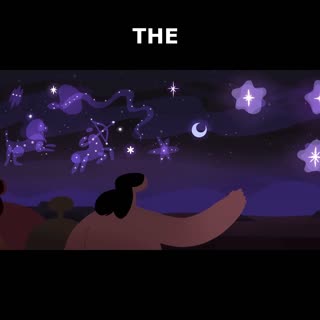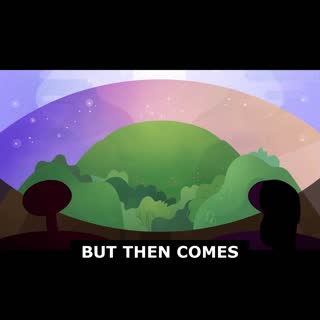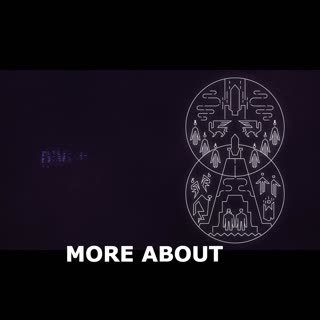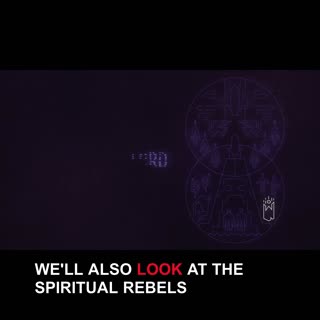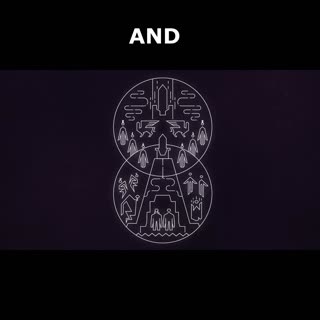Understanding the Spiritual Realm in Biblical Narrative
Devotional
Sermon Summary
Bible Study Guide
Sermon Clips
"The biblical authors make clear that these beings are not God. Rather, they're images of God. Their glory and high status is a reflection of the Creator's glory and status, and they exist to serve his purposes." [00:02:01] (14 seconds)
"But then comes the great twist. God tells the lowly humans that they are to rule all of creation. He invites them to rise above their dirty origin and share in God's glory as his partners." [00:02:35] (12 seconds)
"We will learn more about God's heavenly staff team, called the divine council. Then we'll talk about angels and cherubim, key figures in the spiritual realm. And then one particular angel called the angel of the Lord." [00:04:09] (12 seconds)
"We'll also look at the spiritual rebels in the Bible connected with the Satan and demons. And finally, we'll see how this whole story leads to Jesus, the one who overcomes evil, reunites heaven and earth, so that a new humanity can partner with God." [00:04:26] (17 seconds)
"And what's fascinating is how they all belong to a class of beings that in Hebrew are called Elohim. This is a hard word to translate, and so that's what we're going to explore next." [00:04:54] (12 seconds)

